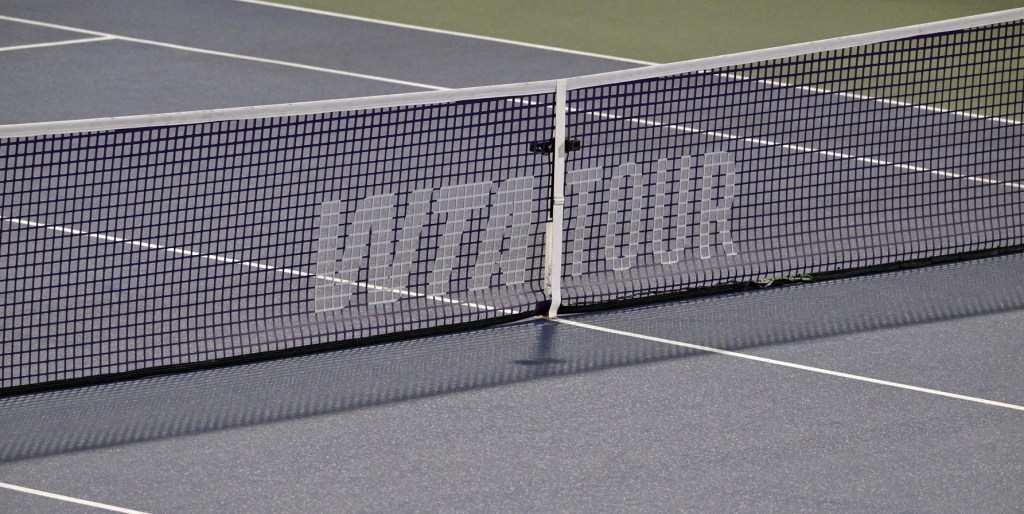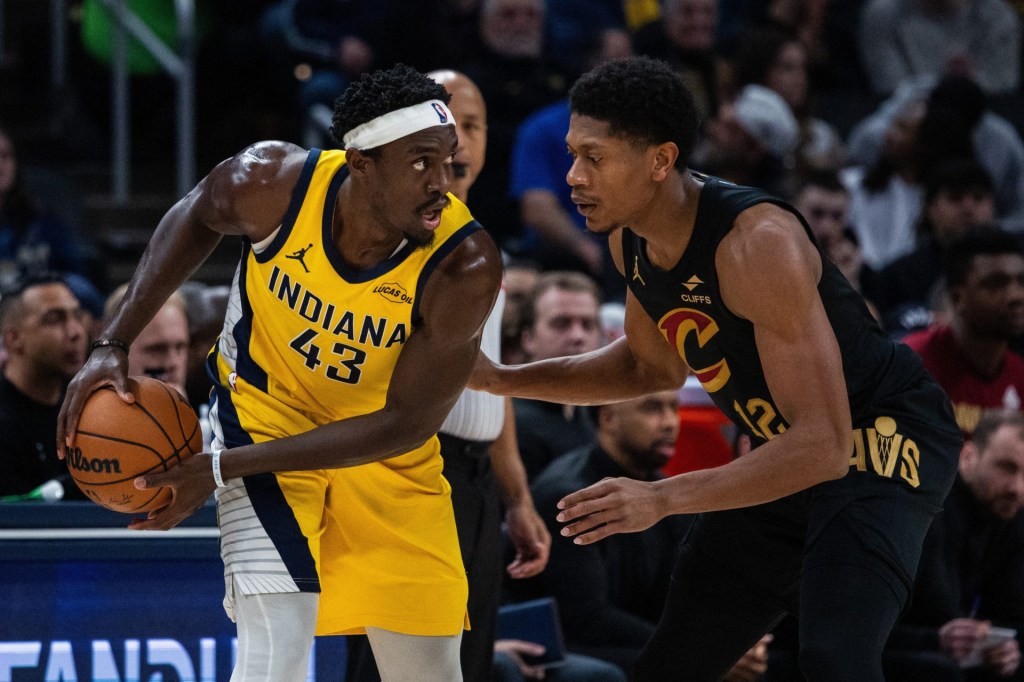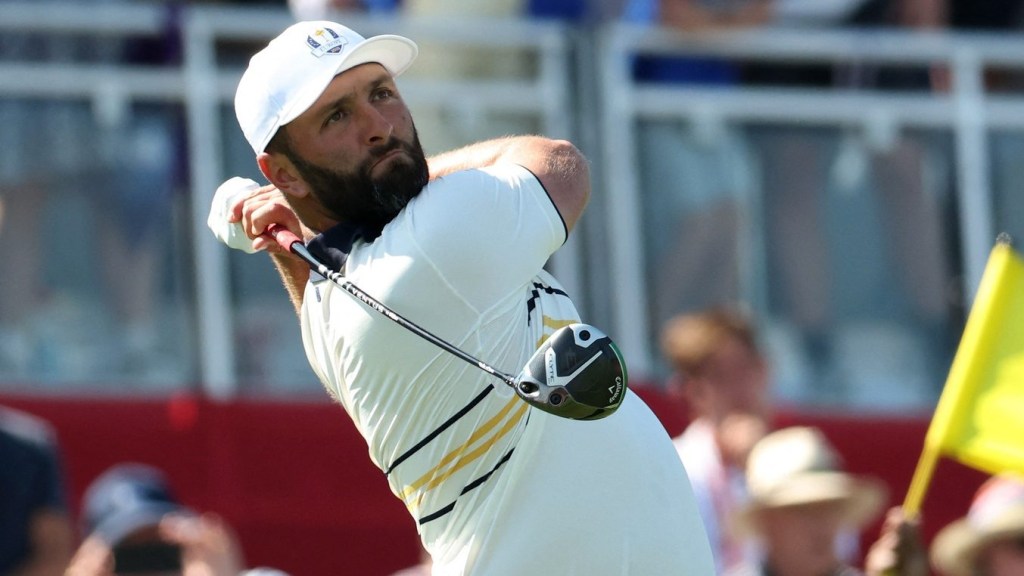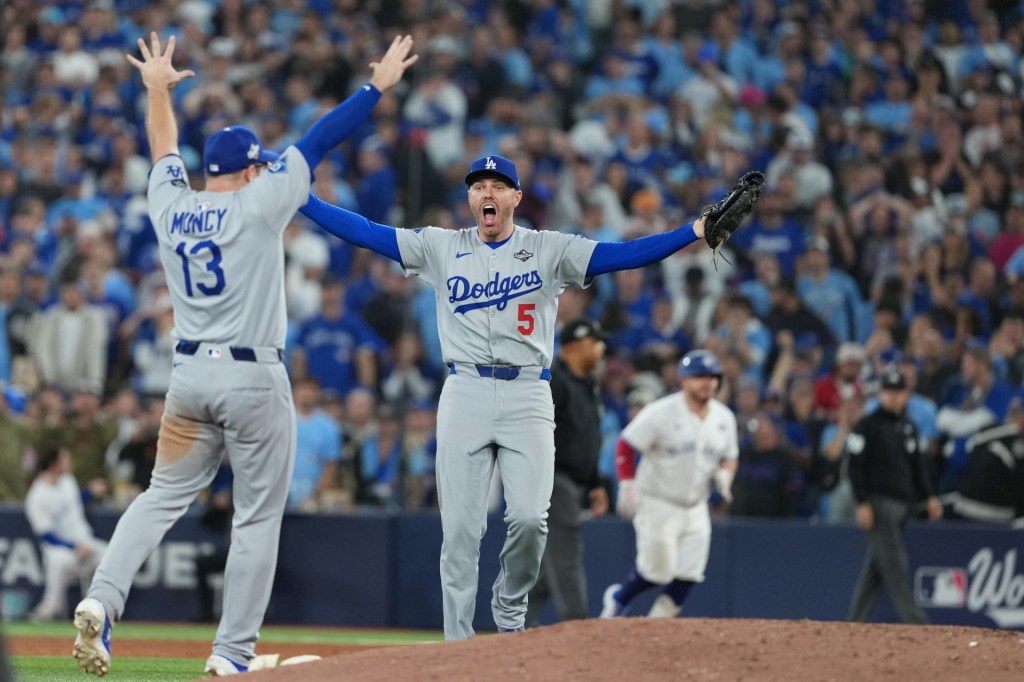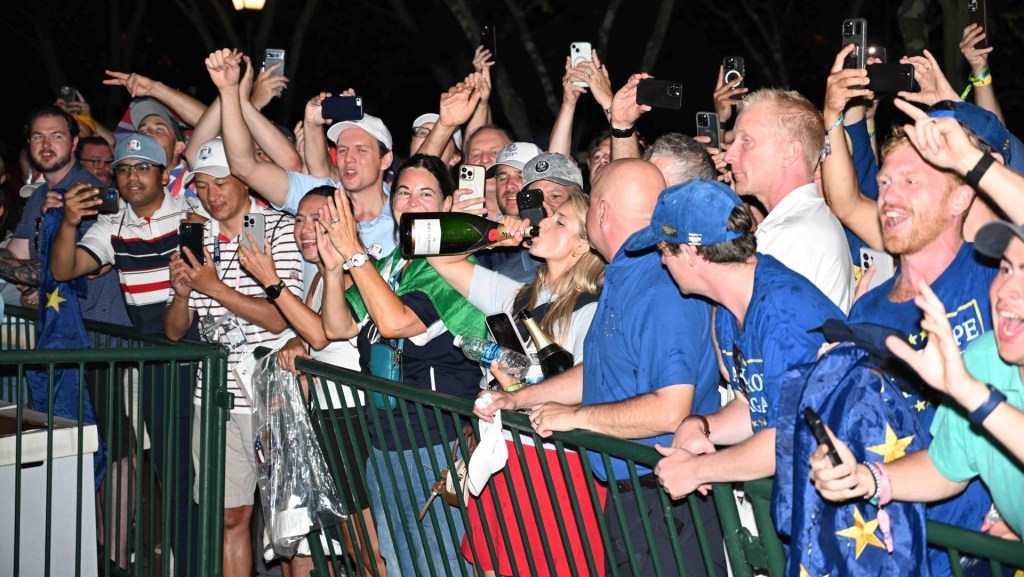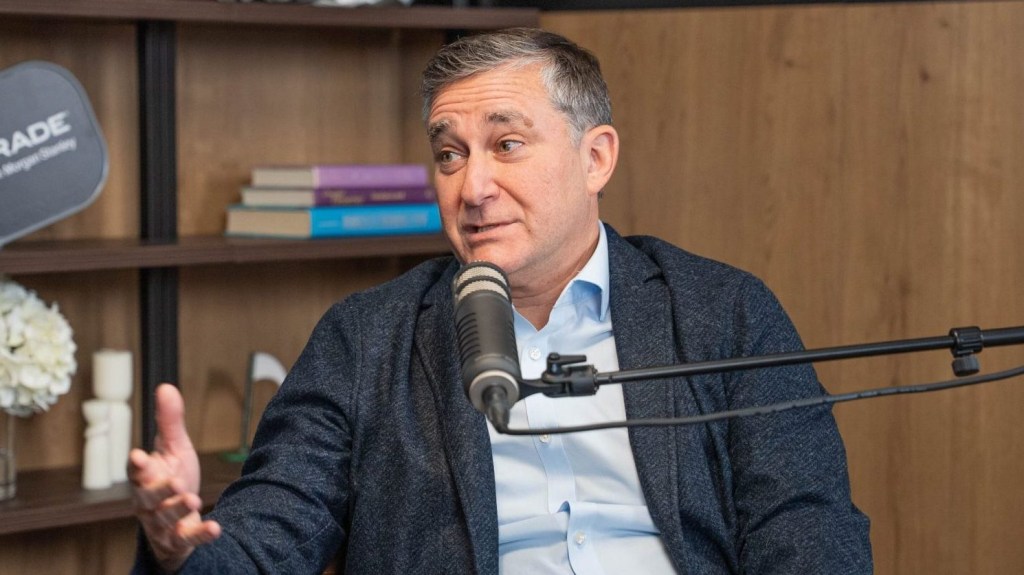NEW YORK — The morning after a fatal shooting at the NFL’s headquarters in Manhattan, other league offices across the city appeared largely unaffected.
Authorities say the shooter, 27-year-old Shane Tamura, was targeting the NFL specifically. He shot and killed four people Monday evening at 345 Park Avenue—the Manhattan high-rise that houses offices for several other major companies including Blackstone and KPMG—before dying by suicide. One NFL employee, Craig Clementi, was seriously injured but is in stable condition as of Tuesday.
Tamura wrote a three-page note found at the scene in which he accused the NFL of causing him to develop chronic traumatic encephalopathy, or CTE, a degenerative brain disease linked to repeated head trauma. Though he never played professionally, Tamura referenced past NFL cases and wrote: “The league knowingly concealed the dangers to our brains to maximize profits. They failed us.”
Commissioner Roger Goodell said in a statement Monday that league employees should work from home Tuesday, and he said there will be an “increased security presence at 345 Park Avenue in the days and weeks to come.”
In a memo Tuesday, Goodell told NFL employees that the league office was closed through “at least” next Friday, August 8, and that employees should stay away from the office until then.
The Rudin family, whose management company owns 345 Park Avenue, said the building would be closed Tuesday “as the authorities continue their investigations.” The statement reads, “As New Yorkers, we stand shoulder to shoulder in the face of this hatred, we grieve with the families and loved ones of those lost, and we pray for the full recovery of those injured.”
On Tuesday, police officers guarded the entry points at 345 Park Avenue, all of which were barricaded except for one. On the street, a cluster of reporters and camera operators gathered, but the scene was otherwise quiet with only a few officers visible. When asked about additional security measures being taken inside the building or beyond the initial barricade, one officer responded, “I have no idea,” indicating he didn’t have visibility into higher-level security plans.
While there was a heightened security presence at NFL headquarters, the offices of other major leagues seemed to be business as usual. At each building visited by a Front Office Sports reporter Tuesday, other than the NFL headquarters, entry was permitted without issue.
Most major U.S. sports leagues are headquartered in midtown Manhattan. The NBA and WNBA offices are a short walk from the NFL on Fifth Avenue, while the MLS offices are 15 blocks south of the NBA, also on Fifth. Major League Baseball is a few blocks west of the NFL, while the NWSL is 10 blocks south on Madison Avenue. The NHL is two miles away on the island’s west side.
At MLB headquarters, there were no barricades or visible police presence outside the building. The street was relatively quiet, with no reporters or added security noticeable from the outside. Inside, a security guard took down the reporter’s name and number, saying they would pass along questions to someone internally. Someone did follow up, but declined to discuss security measures.
Outside the NBA and WNBA offices, there were little to no signs of police activity or additional security beyond the building’s normal setup. Inside, three security guards stood at the elevators. One guard declined to say who employed him, but he noted that the league has ample security without further elaboration. He emphasized that most leagues contract with private firms and said all protocols were being handled internally. Spokespeople for the leagues did not immediately respond to questions.
At the MLS offices, also in midtown, there was no visible security presence, including no police officers, front desk staff, or building security on hand when a FOS reporter arrived Tuesday. A spokesperson from the league did not immediately respond to questions about security.
A spokesperson for the NHL said: “The safety and security of employees and guests is our absolute top priority. While we do not discuss the details of our security plans publicly, we constantly review and update our procedures as appropriate.”
The NWSL did not answer questions about its security policies. “We at the National Women’s Soccer League are deeply saddened by the tragic and senseless act of violence that impacted our colleagues, friends, and the broader community at the National Football League,” the league said in a comment to FOS. “There is no place for gun violence in our society, and we unequivocally condemn these acts.”
Although Tuesday was mostly quiet, companies in New York are preparing to increase security measures following the shooting at the NFL office, Kathy Wylde, president and CEO of the Partnership for New York, tells FOS. “What I am hearing is that the focus is on reminding employees of safety and emergency protocols and putting extra security in lobbies for the next couple weeks,” she says. Wylde also does not fault police despite Tamura walking through a heavily policed part of the city with a large gun. “He was outside with that gun for less than a minute. The NYPD is down 5,000 cops, and they cannot be everywhere all the time.” (Wylde is referring to the fact that the NYPD’s head count has dipped in recent years, from a 37,000 peak in 2018 to about 34,000 today, with an increasing number of officer retirements in 2025.)
The partnership provided 18 anonymous responses about security protocols to FOS; of the 18, only four companies said they were tightening security in the wake of the shooting, including retesting emergency communication systems. Other respondents said their “current protocols are strong and responsive,” they would conduct reviews of their systems, and they “are always looking for ways to improve security protocols.”
—Annie Costabile contributed reporting.
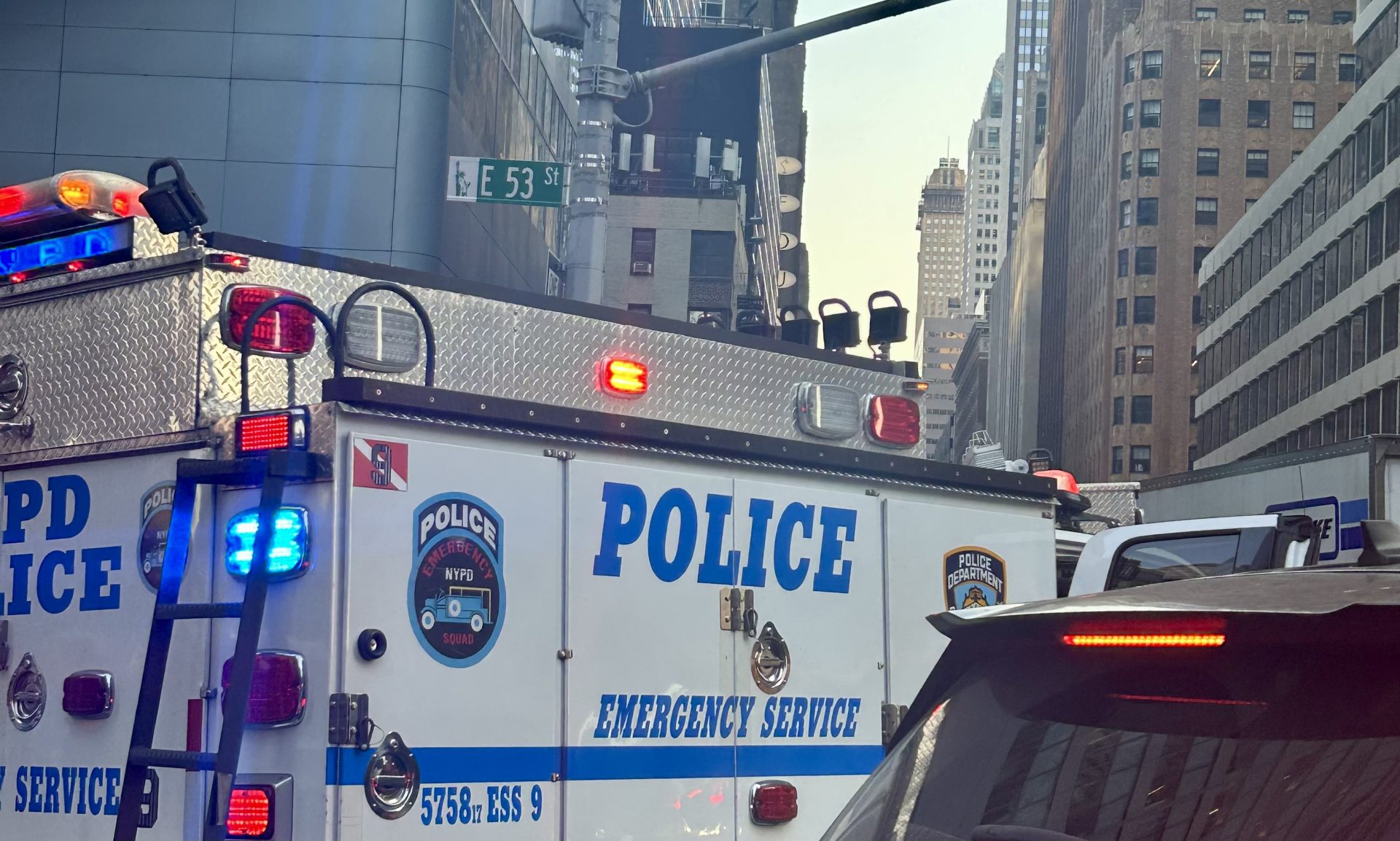
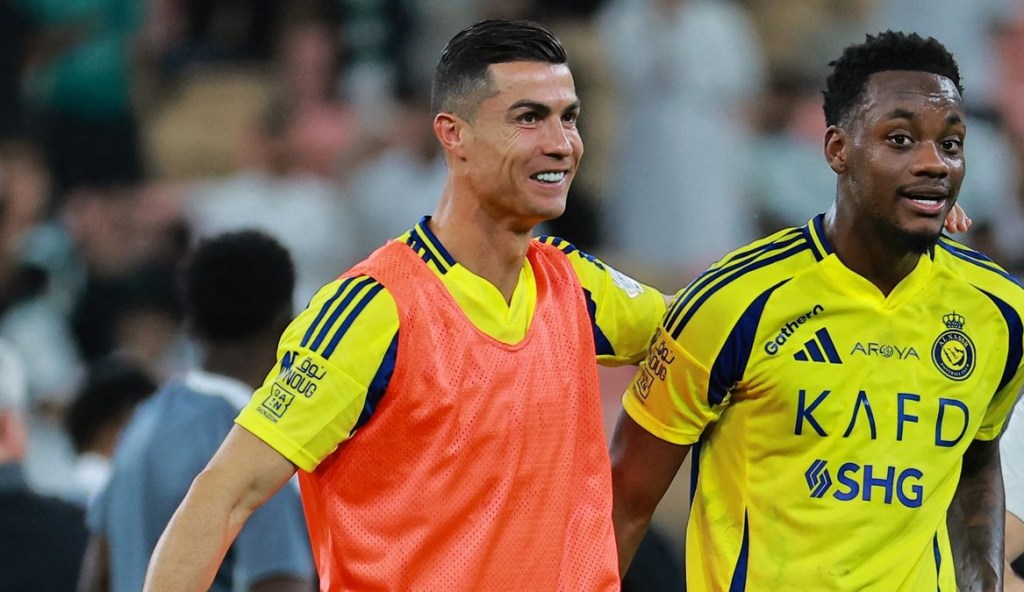
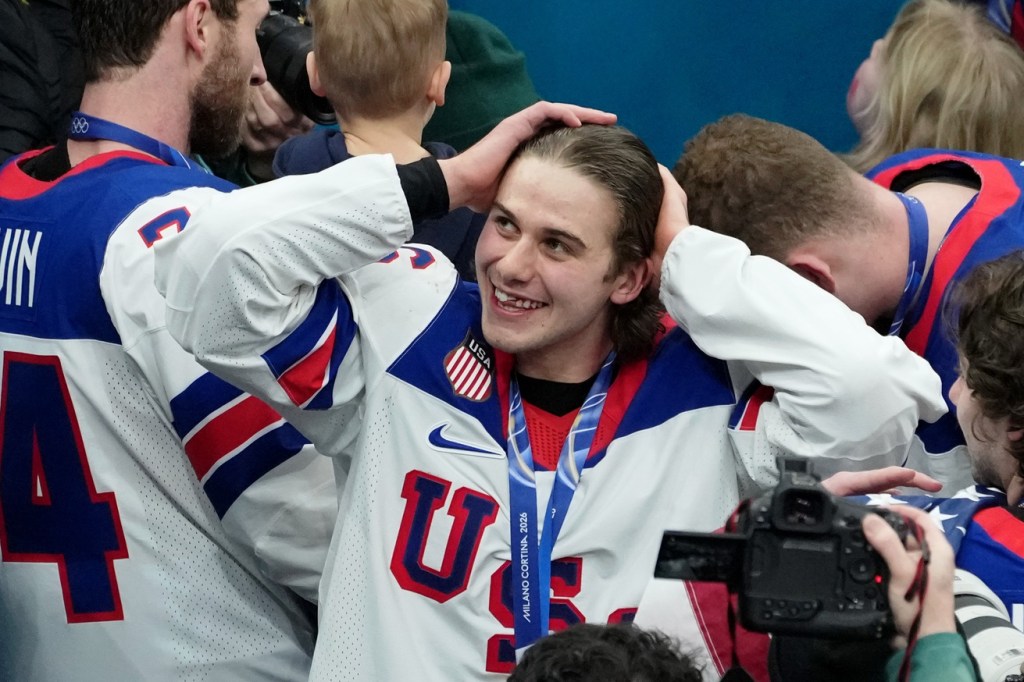
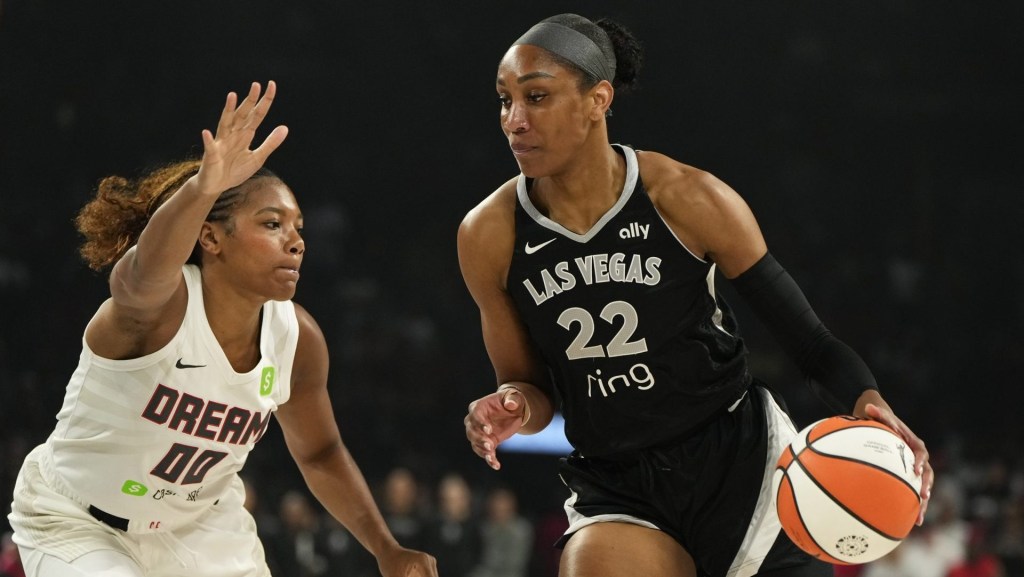
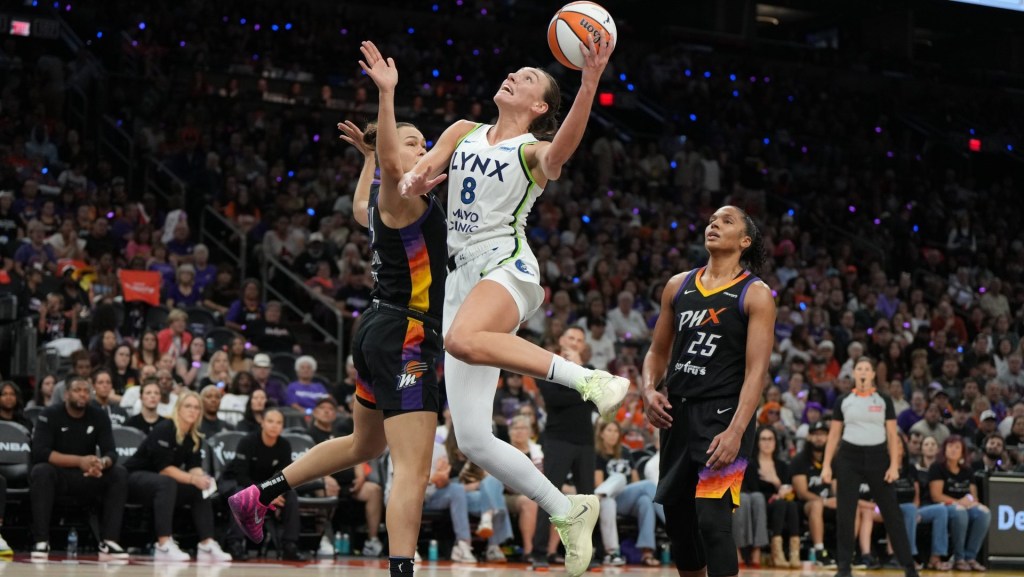
![[Subscription Customers Only] Jul 13, 2025; East Rutherford, New Jersey, USA; Chelsea FC midfielder Cole Palmer (10) celebrates winning the final of the 2025 FIFA Club World Cup at MetLife Stadium](https://frontofficesports.com/wp-content/uploads/2026/02/USATSI_26636703-scaled-e1770932227605.jpg?quality=100&w=1024)



